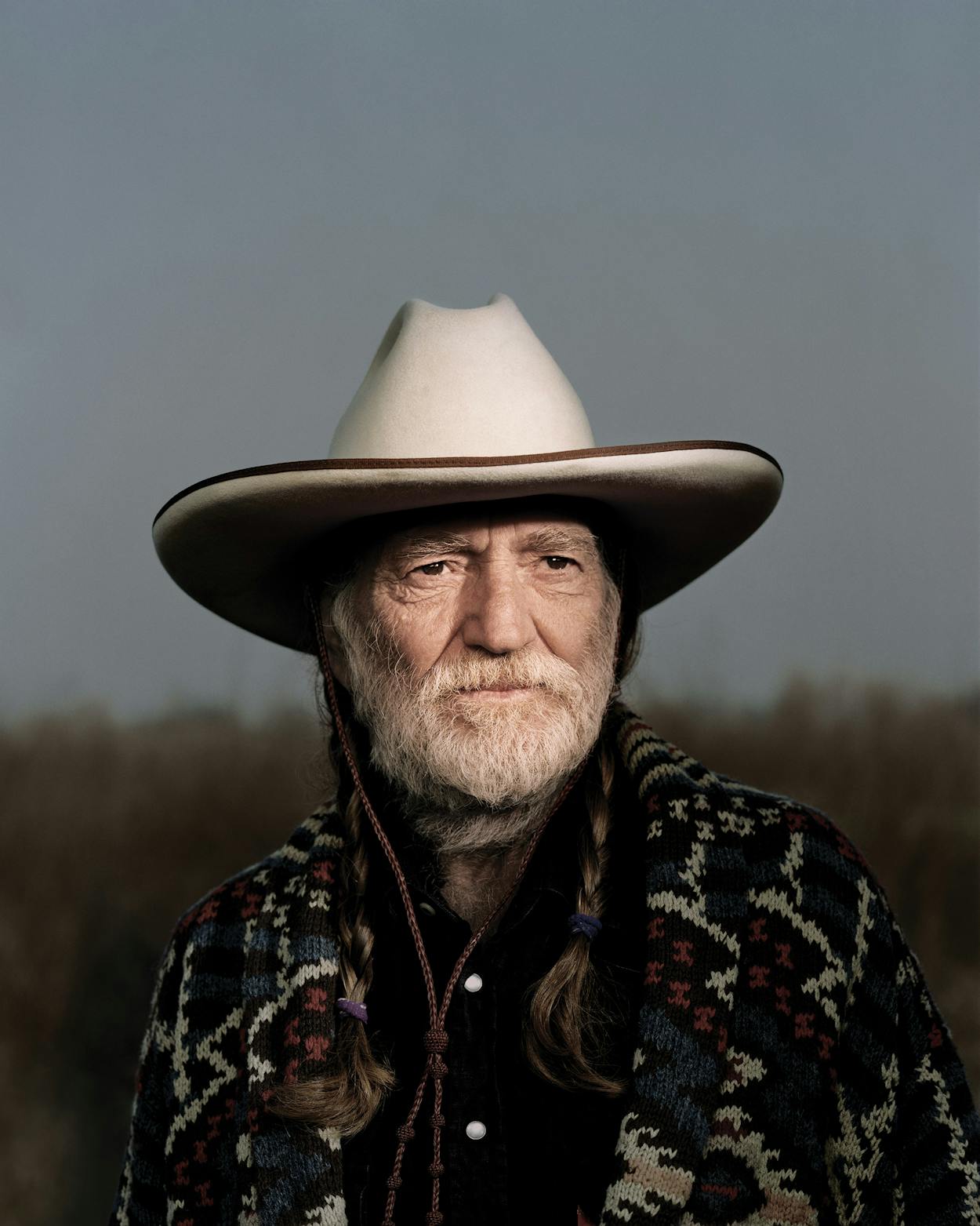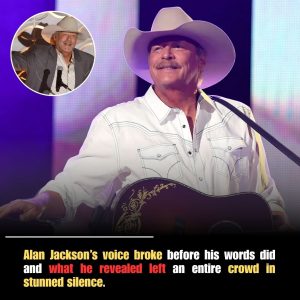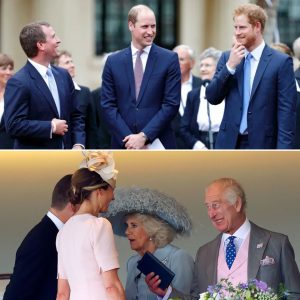
A key figure of outlaw country, Willie Nelson was never one for surface-level pleasantries.
That was also one of the reasons that outlaw country started to flourish in the first place. Unlike the sounds coming over from the Nashville scene, outlaw country focused on giving a voice to working-class communities, rivalling an otherwise over-polished sound with something that looked, sounded, and felt a hell of a lot more real.
Granted, Nashville music wasn’t bad, but to people like Willie Nelson, Waylon Jennings, and Merle Haggard, there was something missing in country music that removed its basic premise. And that was, to put it bluntly, a means of expressing the more complicated sides of existence beyond the basic simplicity of love and/or loss.

That said, outlaw country wasn’t all doom and gloom, even as it captured the darker facets of humanity and all the struggles that come with a lack of privilege. Sometimes its themes and messages were as simple as mainstream country, but the difference was that it came less from a more basic means to create hits and have widespread popularity and more from a real place, like missing someone, or holding guilt for not being able to tell someone you appreciate them when actions fall short.
This was the case with Nelson’s ‘Always On My Mind’, inspired by a phone call that Wayne Carson had with his wife when he was held back away from home longer than he thought he would be. Apparently, she wasn’t best pleased and gave him an earful on the phone about how he never shows up and never makes her feel appreciated. In response, he said she was “always on my mind”, a line that hit him so hard he had to immediately hang up to write it down.
Carson probably hadn’t anticipated how popular the song would become, but realised after that he’d written the words that a lot of people were feeling but hadn’t known how to say. “All that ‘Always’ was about was one long apology,” Carson told LA Times. “I guess there are a lot of people in the world who were looking for a way to say that in a song.”

He also probably hadn’t anticipated the fact that Nelson’s version would become the most well-known and well-liked, especially as the co-writer, Johnny Christopher, took it to both Nelson and Merle Haggard when they’d all been working on Pancho & Lefty, but Haggard, too focussed and without a care for the song, ended up sitting out of the recording, leaving it entirely to Nelson.
Nelson, on the other hand, knew immediately that it would be a hit. In fact, he almost couldn’t believe Haggard’s nonchalance, knowing that if he had been involved, it probably would have gone even further. Nonetheless, that’s a question he would never have been able to answer. As he said so himself, “We’ll never know what would have happened if Merle had really heard the song right.”
Known to many as the greatest voice of an entire generation, Haggard probably would have given the song an added layer of grit, though there’s a chance that two voices could have also distracted from its simple beauty, convoluting the simple message of wanting to show someone you care. As Nelson said, though, we’ll never truly know.





